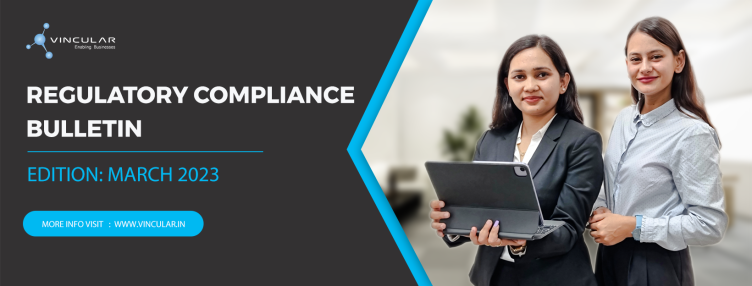WPC
Interlinking ‘Saral Sanchar’ with NSWS Portal

Saral Sanchar Portal which is used to seek approvals for applicable wireless regulations in India is linked with the National Single Window System (NSWS). All the applicants registered under Saral Sanchar portal will now have to interlink their active Saral Sanchar portal with the new NSWS portal.
The NSWS) portal cater to various clearances for investors at Centre and State level and was launched by Hon’ble Commerce and Industry Minister on 22nd September 2021. As on date, NSWS portal facilitates guidance related to approvals from 32 Central Departments and 32 States and hosts applications for approval from 28 central departments and 20 state governments.
The NSWS portal can be accessed here: https://www.nsws.gov.in/
Important points to be considered while linking the Saral Sanchar portal with NSWS:
- First, the applicant must register with the Saral Sanchar Portal and obtain user credentials. In case the credentials are already in place, this step can be skipped.
- After logging into the Saral Sancher portal, the applicant will be re-directed to the NSWS website to link the accounts.
- Once done, the organization will be able to access all of the features and benefits of the NSWS Portal, and applications for wireless approvals will be routed to Saral Sanchar via NSWS only.
Apart from this, work related to onboarding other existing compliances like BIS (ISI, CRS), TEC, etc. into NSWS is in process. As per the knowledge session organised by invest India on 22nd March 2023, BIS-CRS, and BIS-ISI approval may be migrated to NSWS in a few months’ time.
In the longer run, NSWS portal will be helpful to eliminate overlapped compliance requirements for the same goods/services by different regulators. DPIIT is regularly interacting with industry associations and stakeholders to understand the challenges with the new system and integration of other compliances in NSWS.
BEE- Standards and Labelling (S&L) Scheme
Last Opportunity- Production Data Upload (2017-2022)
Bureau of Energy Efficiency (BEE) announced the final opportunity for all the registered manufacturers/permittees to pay the labeling fee for the models registered in FY 2017-2022 before 31st March 2023.

This will be the last opportunity for all manufacturers/permittees to submit PDU for all BEE-registered models and the following points should be considered before starting with this process:
- All details (Production data and Labeling fees) needed to be submitted by 31st March 2023.
- The manufacturer/permittee has to submit labeling fees with a 10% penalty p.a. through NEFT/RTGS.
After the due date, BEE will close the link to submit the details and suspend the portal & labeling certificate of the permittees that have failed to submit the production data. The complete notification can be accessed from the below links:
Click here for alert for the submission of production data and labeling fees for the FY before 2017 – 2022
Click here for alert for the submission of production data and labeling fees for the FY 2017 – 2022






